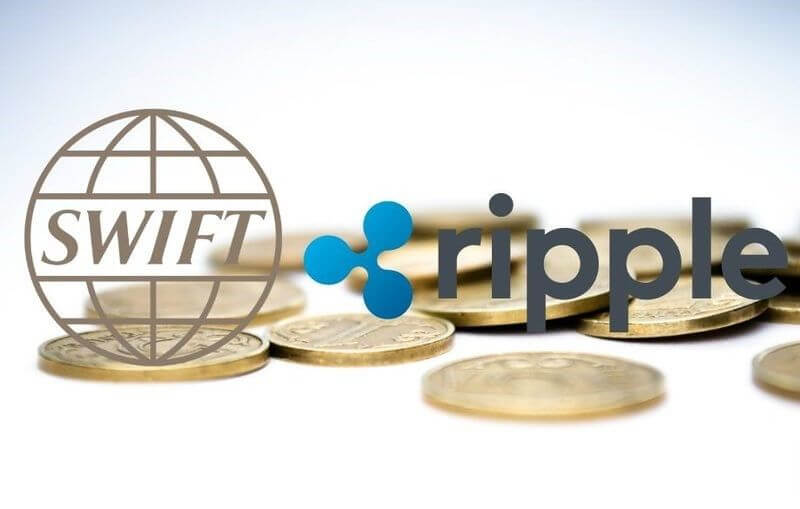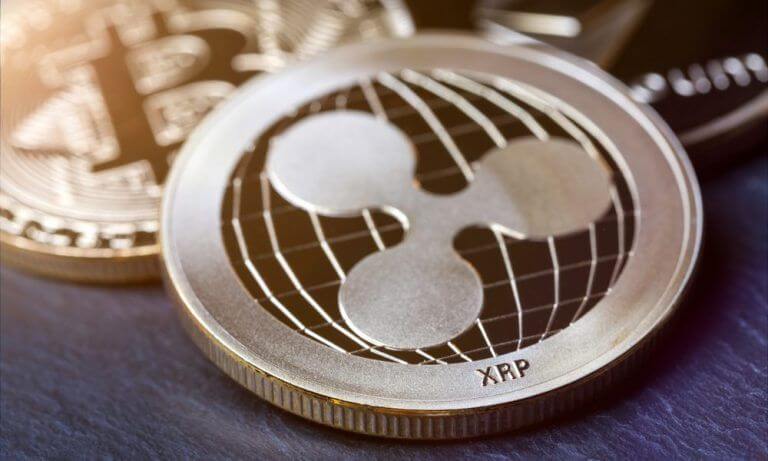
Ripple is a major competitor in the international banking sector, and it’s threatening to overtake industry standard players like SWIFT. At least, that’s why Ripple’s CEO, Brad Garlinghouse, would have us believe. So, does Ripple have a foundation for its big ambitions? Let’s take a look at the evidence.
International banks need to send money across borders thousands of times per day. These transactions might satisfy the needs of individual personal clients or complete payments for major institutions, but each must be completed accurately, affordably, and as quickly as possible.
Banking has evolved through various methods to perform these tasks. Most recently, SWIFT (Society for Worldwide Interbank Financial Telecommunications) has been the most efficient method available. SWIFT is a messaging app used by financial institutions to match orders across borders.
At its fastest, SWIFT can complete such transfers in a few minutes. However, SWIFT isn’t consistent, and longer waits are not uncommon. Blockchain solution Ripple is consistently faster, never taking more than a couple of minutes to complete international financial transfers. It’s also cheaper and more secure than SWIFT. This is leading banks from all around the world to adopt Ripple to replace SWIFT, but there is still a lot of ground for Ripple to gain.
Will Ripple Really Become the New Standard?

2018 has been a year in which Ripple has proved itself in serving a number of high profile international banking clients. Lloyds Bank, Santander, the Royal Bank of Canada, and PNC Bank all chose to start using Ripple in 2018. Some have ever stated publicly that Ripple is the most efficient solution when compared to the older, non-blockchain SWIFT network.
Ripple may shave only a few cents, or even fractions of a penny, from each transaction. But these savings add up for banks who require thousands of transfers per second. Ripple also has greater speed capabilities than SWIFT. While the latter can perform about 250 transactions per second, Ripple can always hit at least 1000. Four times faster than SWIFT and cheaper, Ripple XRP has established its superiority for many months.
Ripple is also more secure. As a blockchain application based upon decentralised public ledger technology, Ripple is immune to an attack vector that always threatens to derail SWIFT. Granted, SWIFT hacks have not been a major problem for the cross-border payments network, but they can and do occur. Meanwhile, Ripple transactions are secured immutably on a public ledger than stops conventional fraud in its tracks. The better option is clear.
2019 is expected by industry players to be the year when Ripple clearly demonstrates itself as the new standard for international banking financial transactions. Expect dozens of new banks to create Ripple partnerships, momentum which could have important ramifications for XRP holders too.
Featured image source: Flickr

